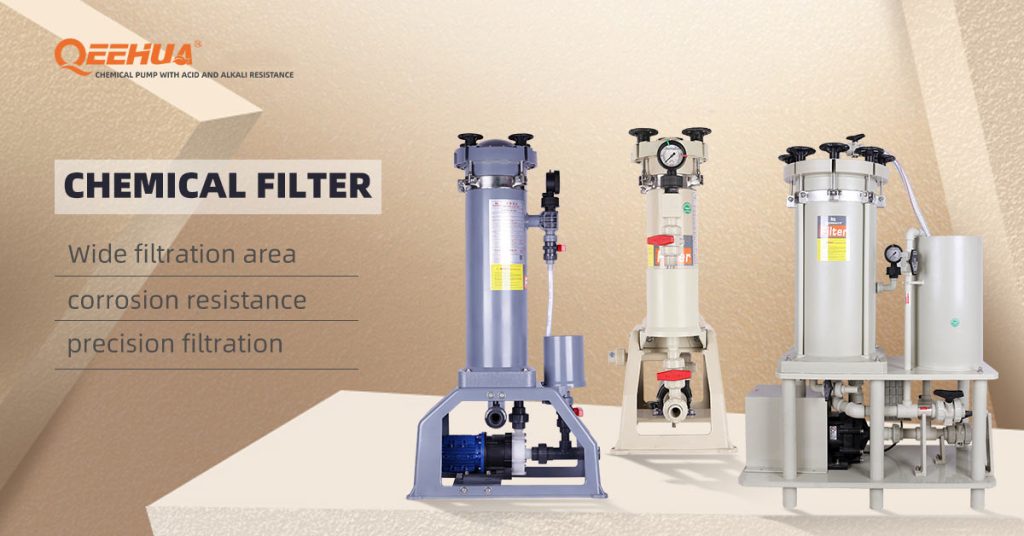
# Electroplating Filter: Enhancing Efficiency and Purity in Metal Deposition Processes
Electroplating is a critical process in various industries, from automotive to electronics, where metal deposition is essential for enhancing durability, conductivity, and aesthetics. However, achieving high-quality electroplating results requires more than just the right chemicals and equipment. One often-overlooked yet vital component in this process is the electroplating filter. This article explores how electroplating filters enhance efficiency and purity in metal deposition processes.
## The Role of Electroplating Filters
Electroplating filters are designed to remove impurities and contaminants from the plating solution. These impurities can include particulate matter, organic compounds, and other foreign materials that can negatively impact the quality of the plated metal. By ensuring a clean and consistent plating solution, filters help maintain the integrity of the electroplating process.
### Types of Electroplating Filters
There are several types of electroplating filters available, each suited to different applications and requirements:
– Cartridge Filters: These are disposable filters that are easy to replace and are ideal for removing fine particulate matter.
– Bag Filters: These are cost-effective and suitable for applications where larger particles need to be filtered out.
– Depth Filters: These filters have a thick filtration medium that can trap particles throughout their depth, making them effective for a wide range of contaminants.
– Membrane Filters: These are highly efficient and can remove even the smallest particles, ensuring a high level of purity in the plating solution.
## Benefits of Using Electroplating Filters
Incorporating electroplating filters into the metal deposition process offers several advantages:
– Improved Plating Quality: By removing contaminants, filters ensure a smoother and more uniform metal deposition, resulting in higher-quality finishes.
– Extended Bath Life: Clean plating solutions last longer, reducing the frequency of bath changes and lowering overall costs.
– Enhanced Efficiency: Filters help maintain consistent plating conditions, reducing the likelihood of defects and rework.
– Environmental Benefits: By reducing waste and the need for frequent chemical replacements, filters contribute to more sustainable manufacturing practices.
## Choosing the Right Electroplating Filter
Selecting the appropriate filter for your electroplating process depends on several factors, including the type of contaminants present, the volume of the plating solution, and the specific requirements of your application. It’s essential to consult with a filtration expert to determine the best solution for your needs.
### Maintenance and Replacement
Regular maintenance and timely replacement of electroplating filters are crucial for optimal performance. Over time, filters can become clogged with contaminants, reducing their effectiveness. Establishing a routine maintenance schedule ensures that your filters continue to operate efficiently and prolongs their lifespan.
## Conclusion
Electroplating filters play a pivotal role in enhancing the efficiency and purity of metal deposition processes. By removing impurities and maintaining clean plating solutions, these filters contribute to higher-quality finishes, extended bath life, and more sustainable manufacturing practices. Investing in the right filtration system and adhering to a regular maintenance schedule can significantly improve the overall success of your electroplating operations.
Keyword: electroplating filter
